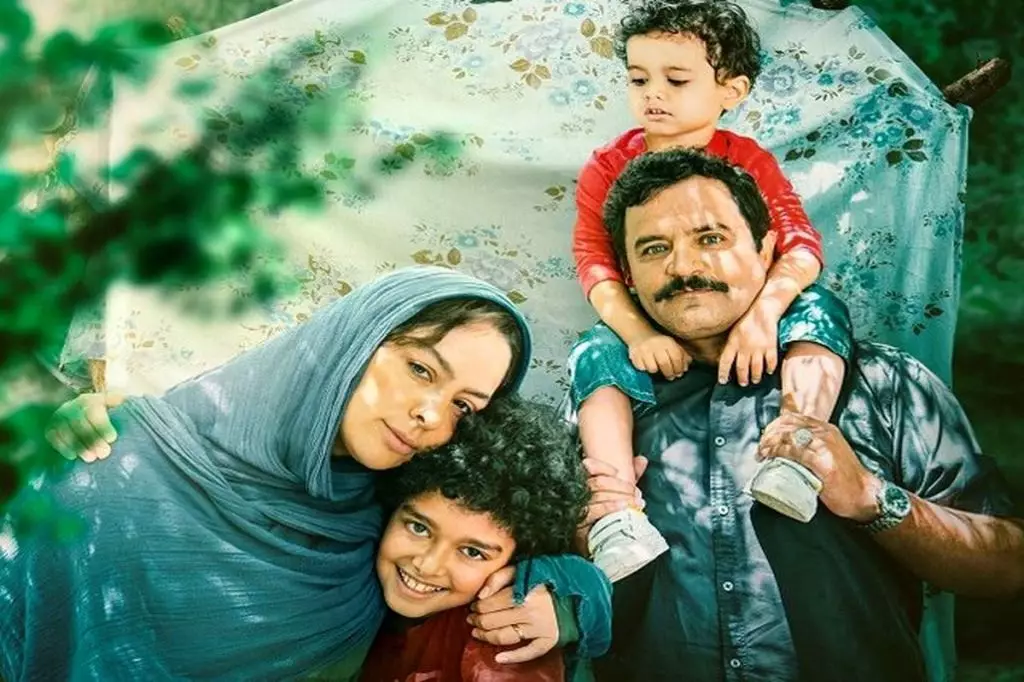In a significant cultural moment, Iran has selected *In the Arms of the Tree* as its candidate for the Best International Feature Film category at the 97th Academy Awards. This decision, announced by the Farabi Cinema Foundation, reflects not only Iran’s flourishing film industry but also a commitment to telling complex, human stories that resonate beyond borders. The selection process being conducted over ten days by a nine-member committee underscores the seriousness with which the country approaches its representation at the Oscars. This meticulous approach mirrors the pride and cultural significance films hold within Iranian society, a society rich in narratives often underrepresented on the global stage.
Directed by Babak Lotfi Khajepasha, *In the Arms of the Tree* presents a harrowing exploration of familial ties and societal pressures. The film centers on Kimia and Farid, a couple grappling with the consequences of their fragmented relationship, which ultimately impacts the innocence of their children. The powerful premise evokes a broader critique of how adult struggles can pervade the lives of children, leaving emotional scars that transcend age and cultural barriers. This thematic richness makes it a compelling candidate in a field characterized by diverse perspectives and narratives.
International Competition: A Vibrant Selection
The competition in the International Feature Film category is heating up, as various nations are unveiling their own picks, each contributing to the rich tapestry of global cinema. For instance, France has threw its hat in the ring with *Emilia Pérez*, directed by Jacques Audiard. The film’s captivating storyline, which revolves around a cartel leader’s pursuit of authenticity, reflects the current era’s fascination with identity and personal freedom, themes that resonate deeply in today’s cultural discourse. The recognition it received at Cannes, including a collective Best Actress award for its accomplished cast, further highlights its potential impact and universal appeal.
Similarly, Norway has announced its submission of *Armand*, a project by Halfdan Ullmann Tøndel. The film distinguishes itself not only through its narrative but also its familial connections, as Tøndel is the grandson of renowned filmmakers Liv Ullmann and Ingmar Bergman. This lineage brings a rich history of storytelling, and what better tribute to it than a debut film that has already made waves at Cannes by winning the Camera d’Or for best first film? The emergence of new voices from established lineages hints at cinema’s evolution across generations while celebrating its roots.
The Artistic and Political Context
A notable trend in this year’s Oscars submissions is the intersection of art and politics, particularly evident in Germany’s selection of *The Seed of the Sacred Fig*, directed by Mohammad Rasoulof. Rasoulof’s work is particularly poignant given his exile from Iran amidst threats of imprisonment, highlighting the role of cinema as a vehicle for dissent and social critique. His experiences lend authenticity to his narratives, showcasing the power of film as a medium for storytelling that challenges oppressive regimes and sheds light on human rights issues. The decision by a jury of experts in Germany to elevate his voice through their submission demonstrates how international cinema often acts as a refuge for artists seeking to express truths in the face of adversity.
As the Academy Awards approach, the diverse array of selected films from various countries invites audiences to engage with stories that reflect a multitude of cultural experiences and societal issues. The excitement surrounding films like *In the Arms of the Tree*, *Emilia Pérez*, *Armand*, and *The Seed of the Sacred Fig* transcends mere competition; it serves to illuminate the power of cinematic storytelling across international boundaries. The Oscars have long been a platform that not only celebrates artistic achievement but also fosters global dialogue, making it imperative for audiences to embrace and support the myriad voices emerging from different backgrounds. The growing recognition of international films is a promising sign that a richer, more inclusive cinematic future awaits us, one that values and elevates stories from every corner of the globe.
